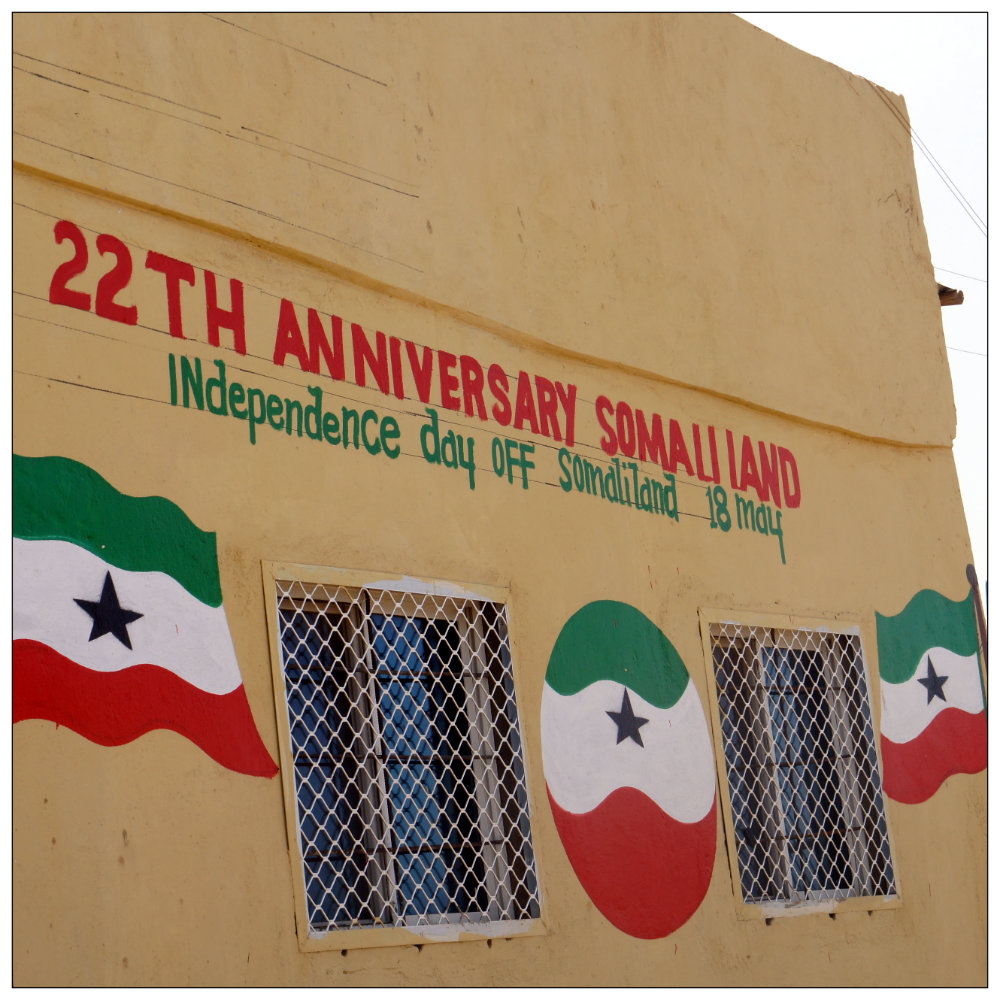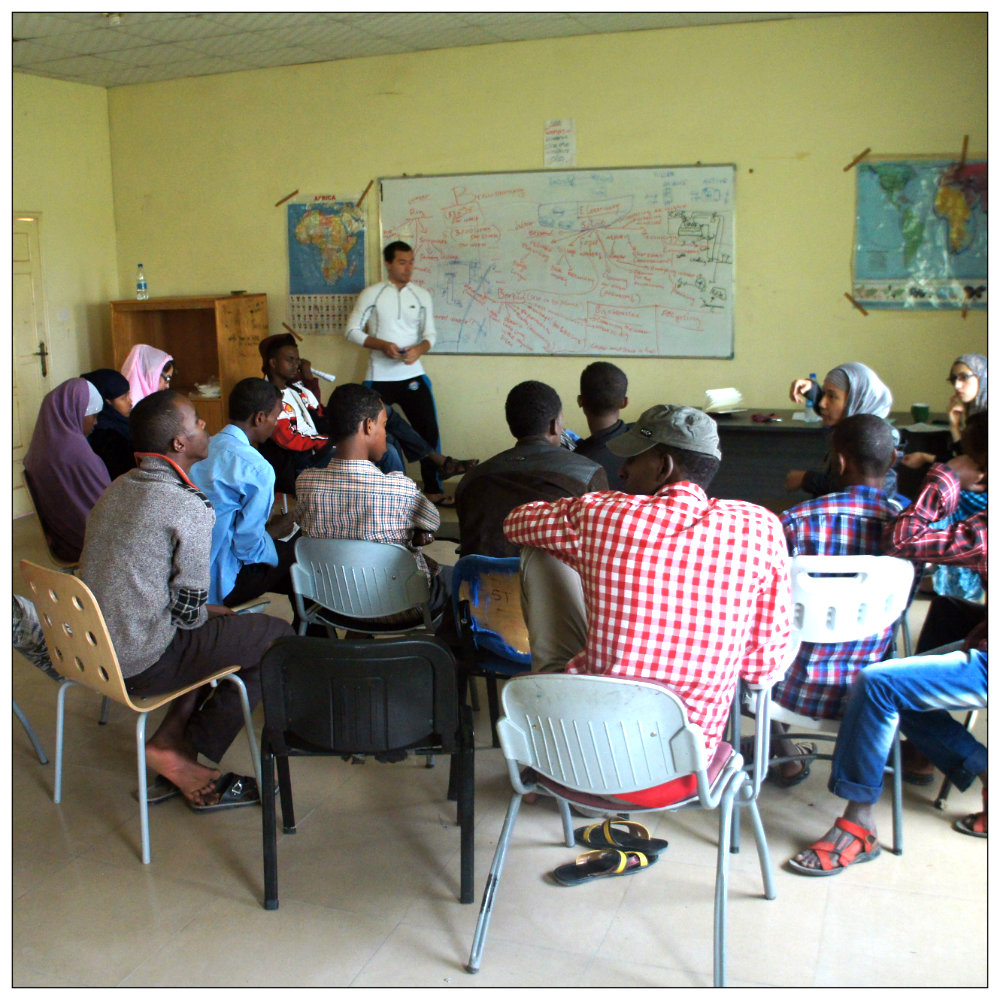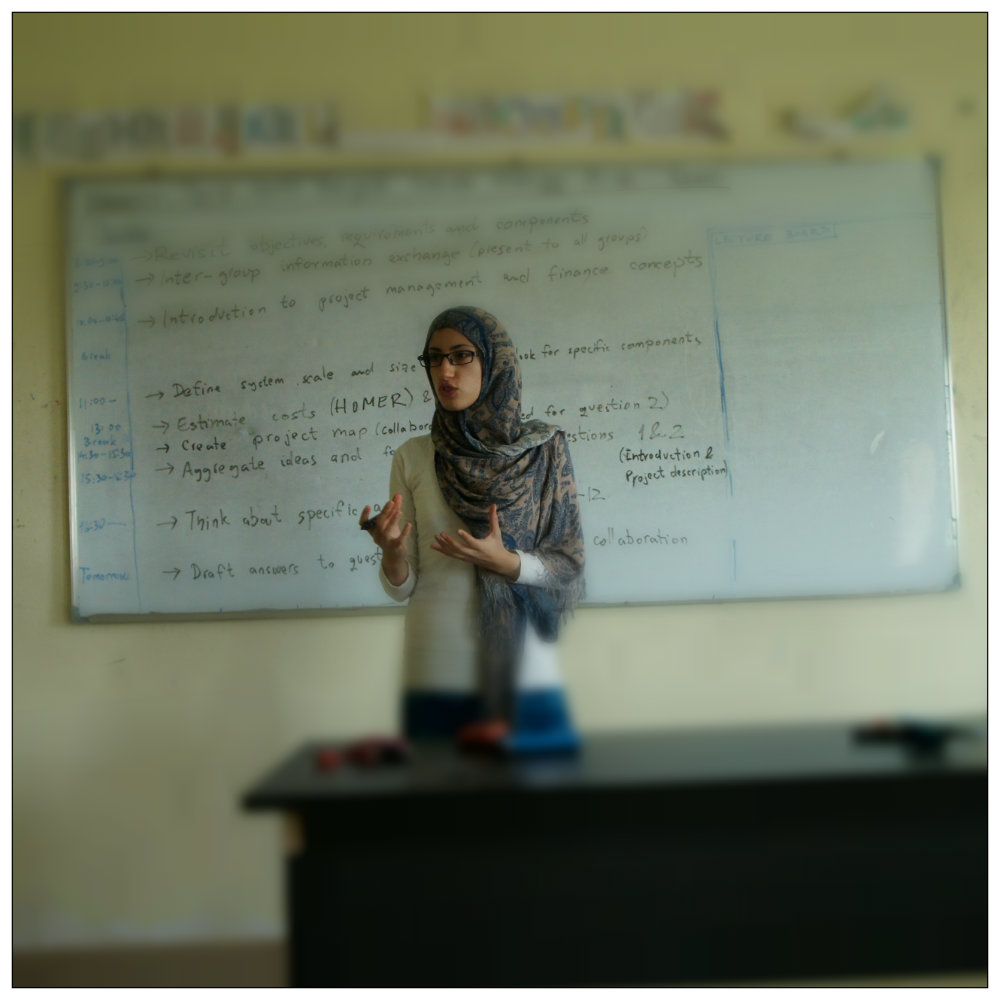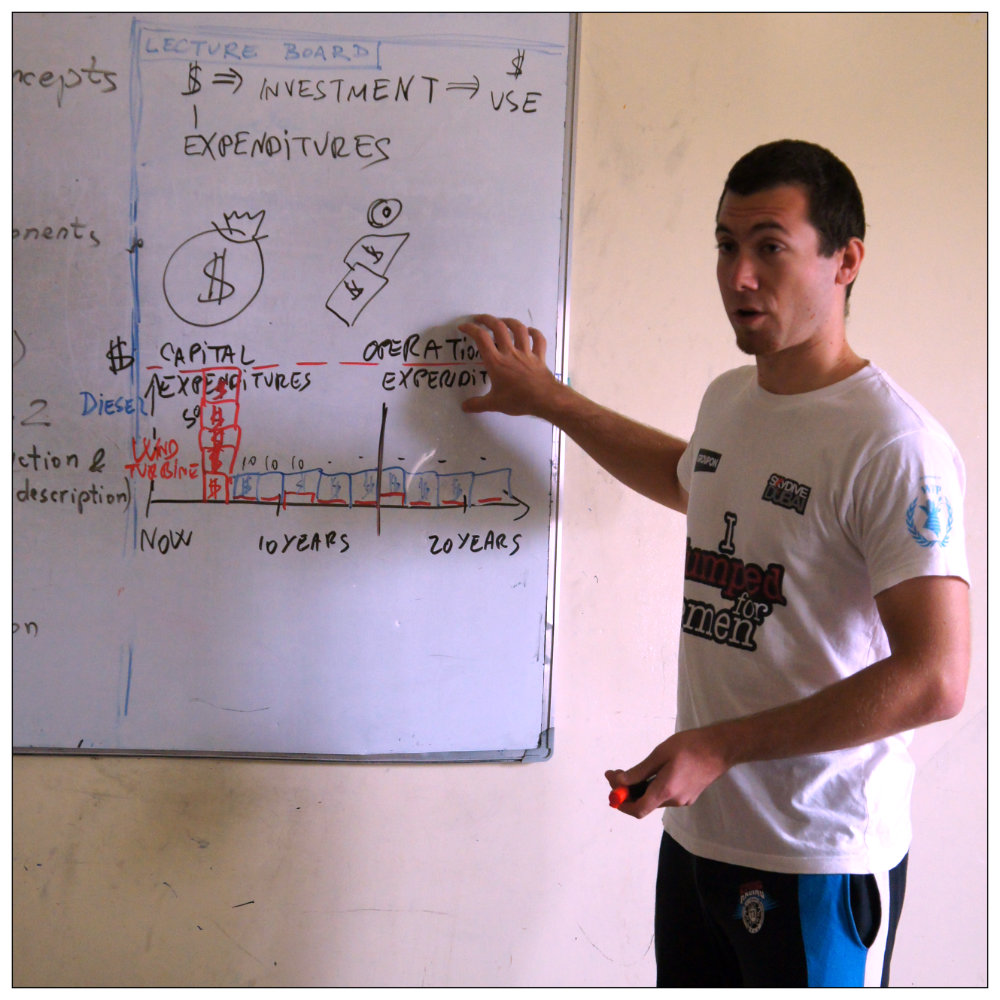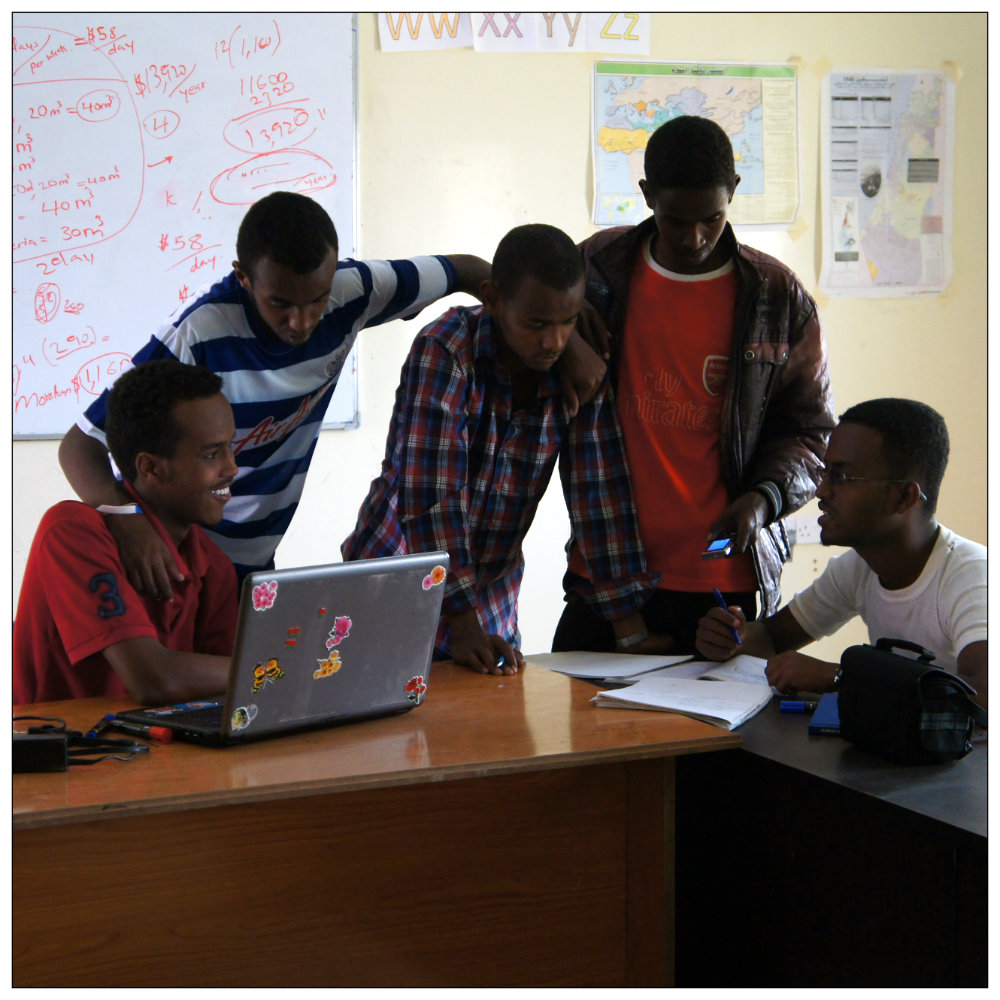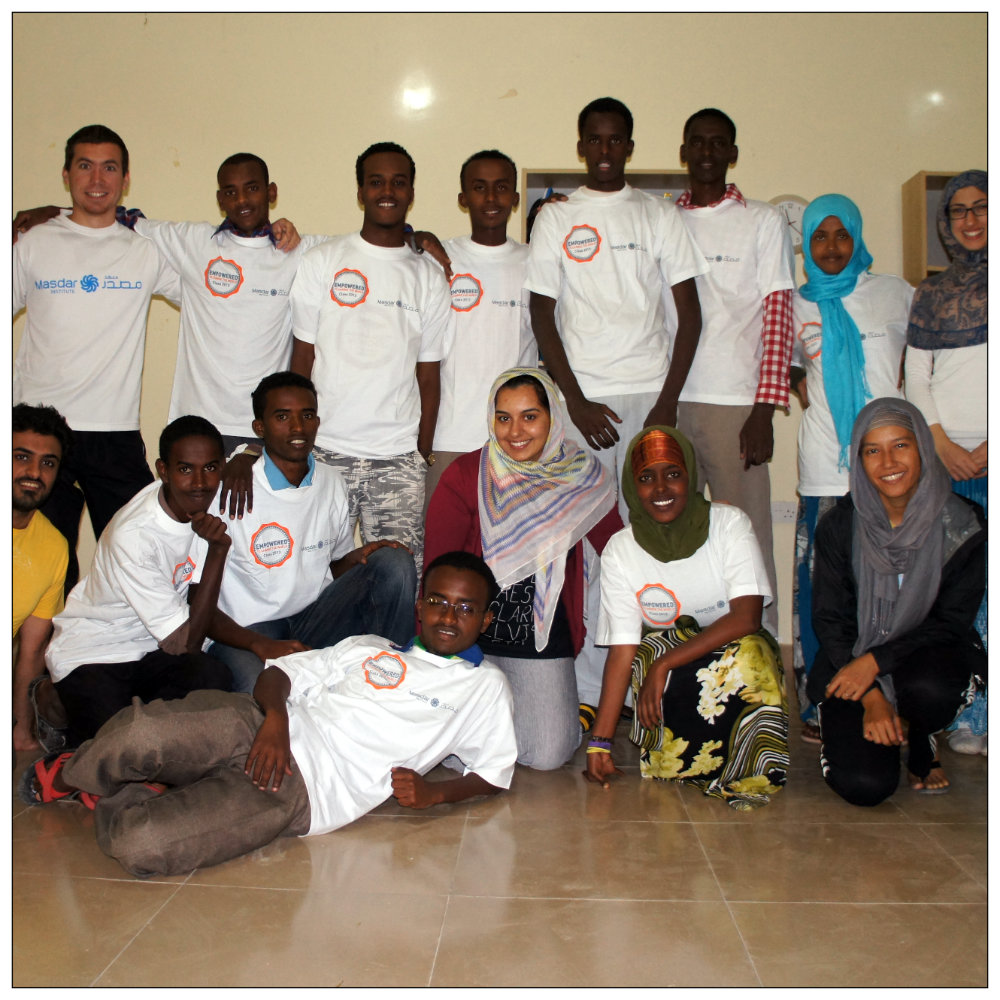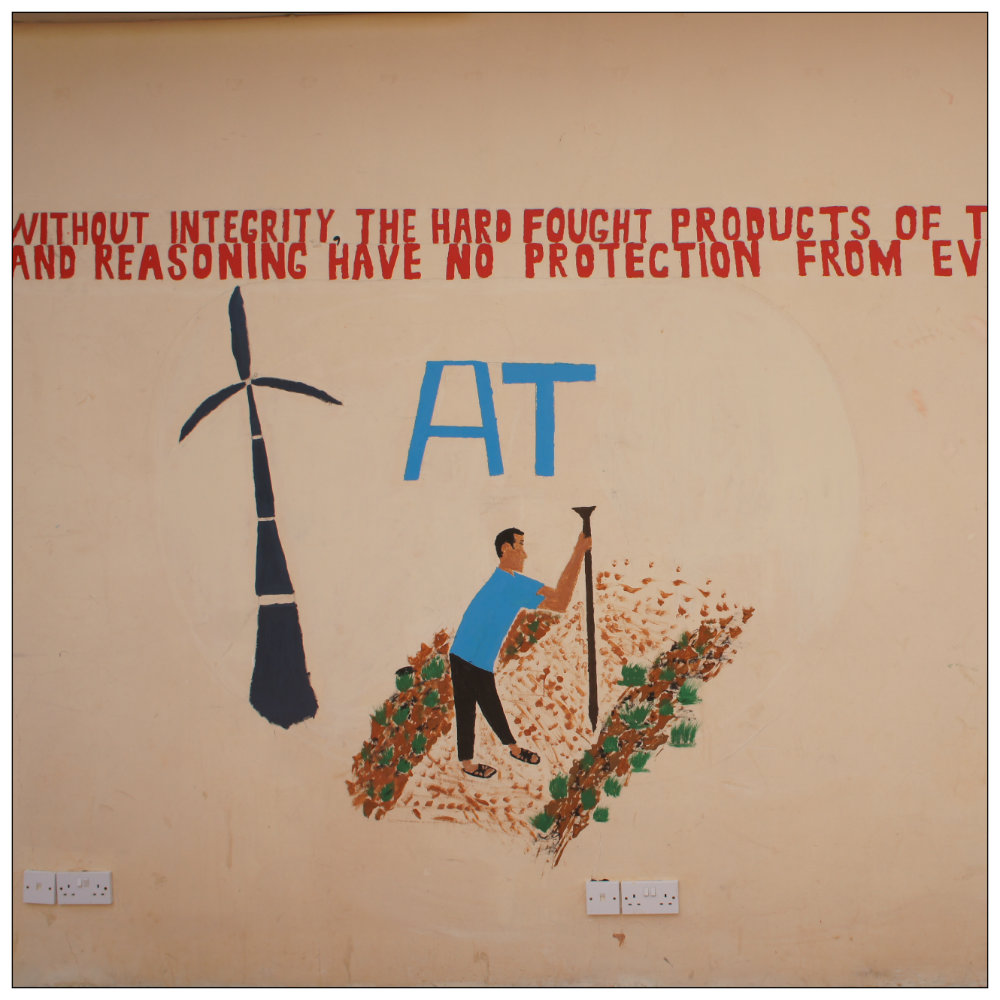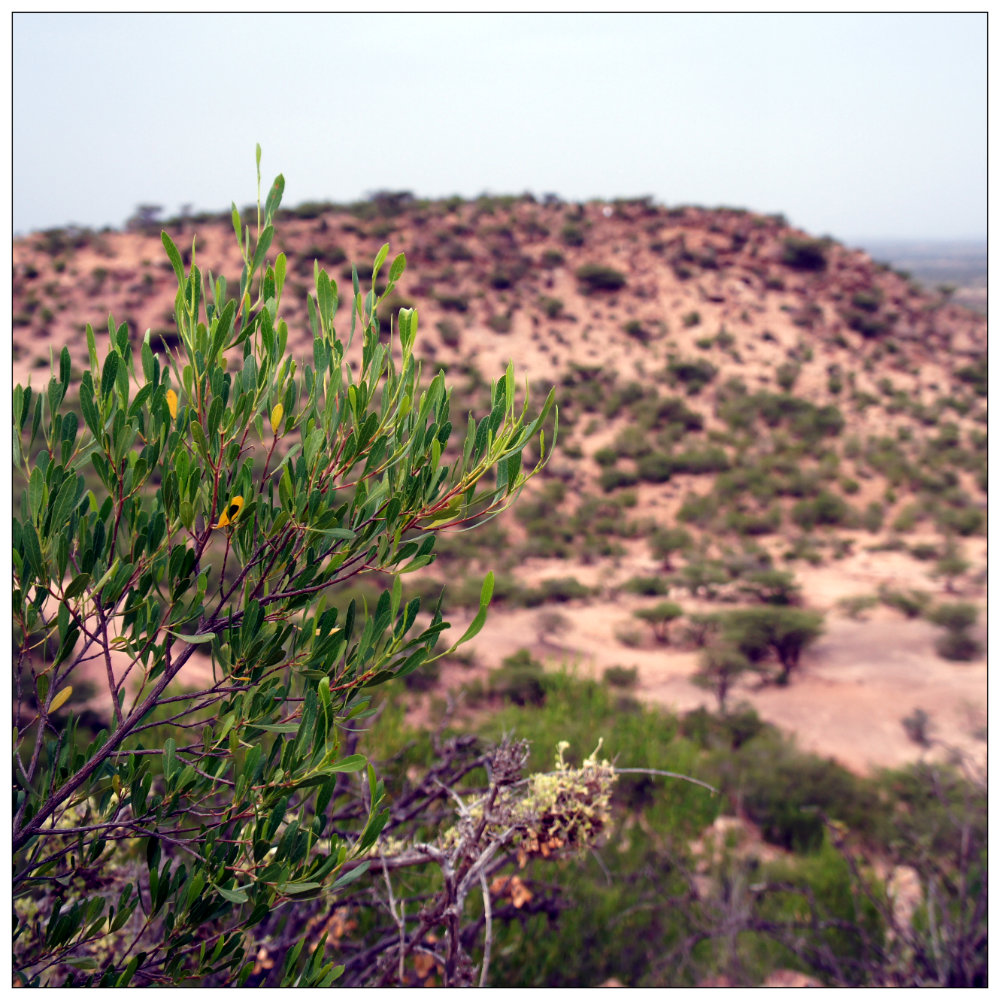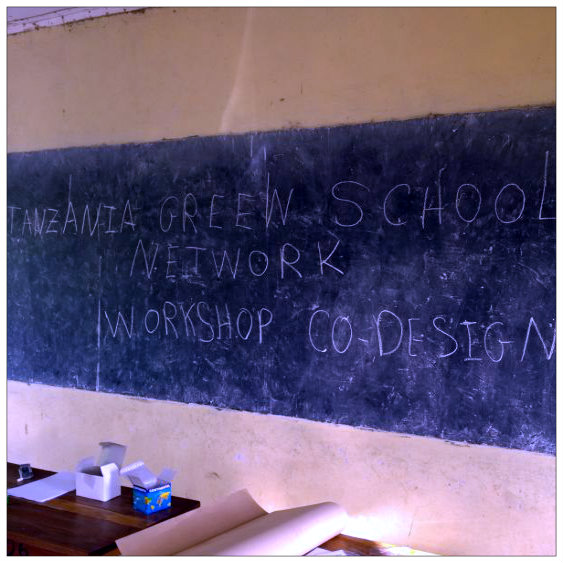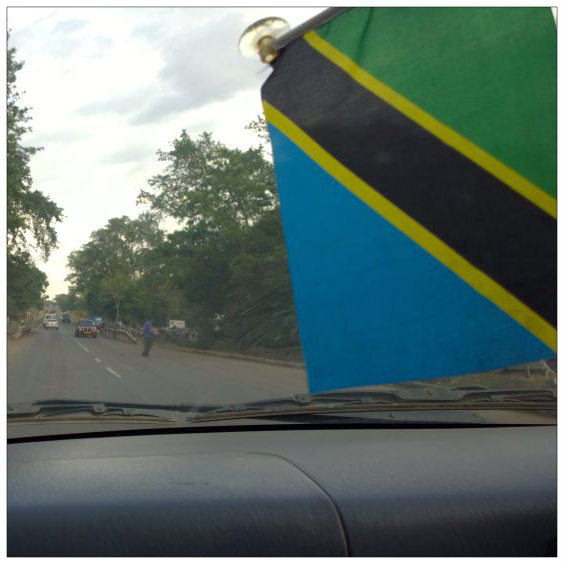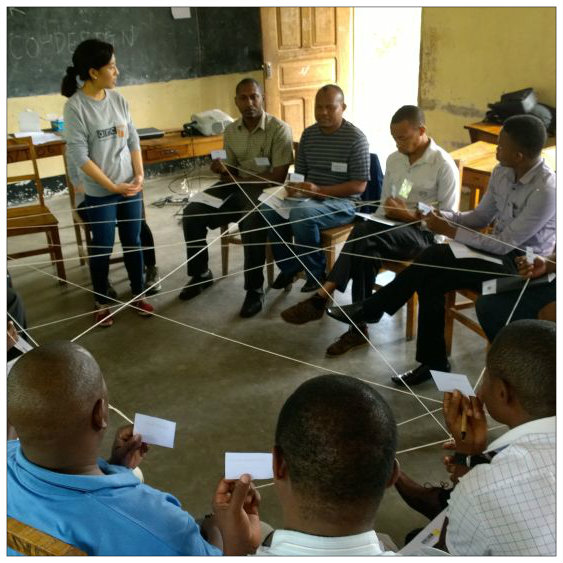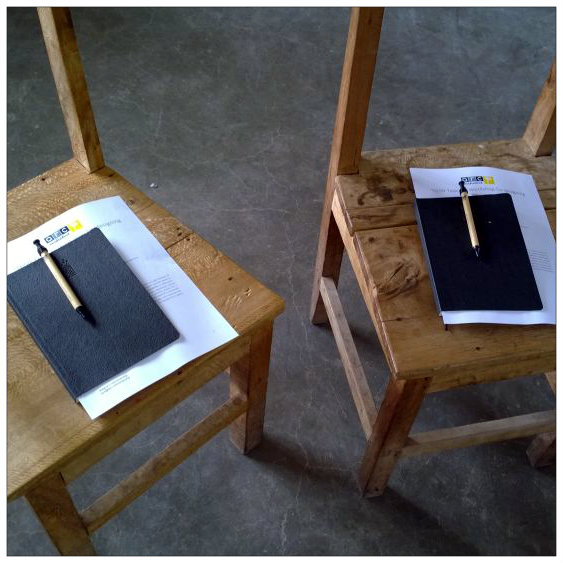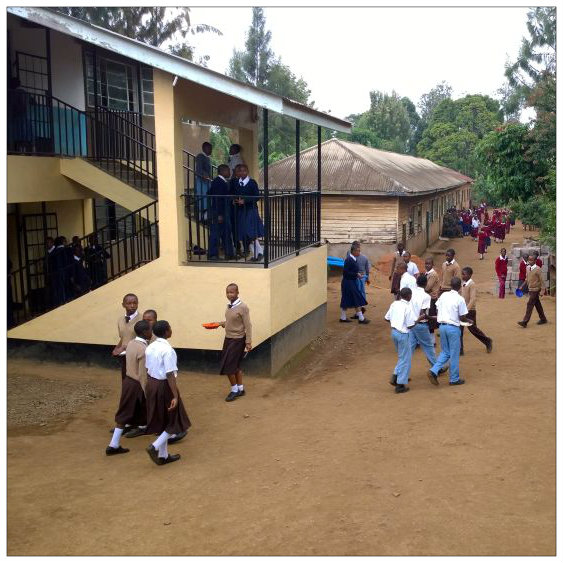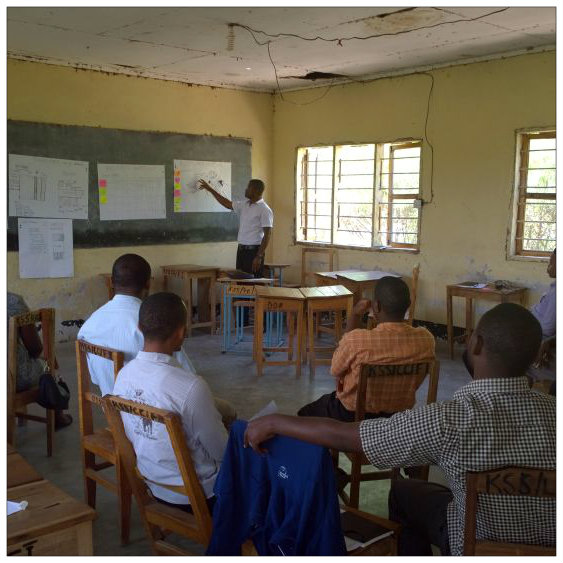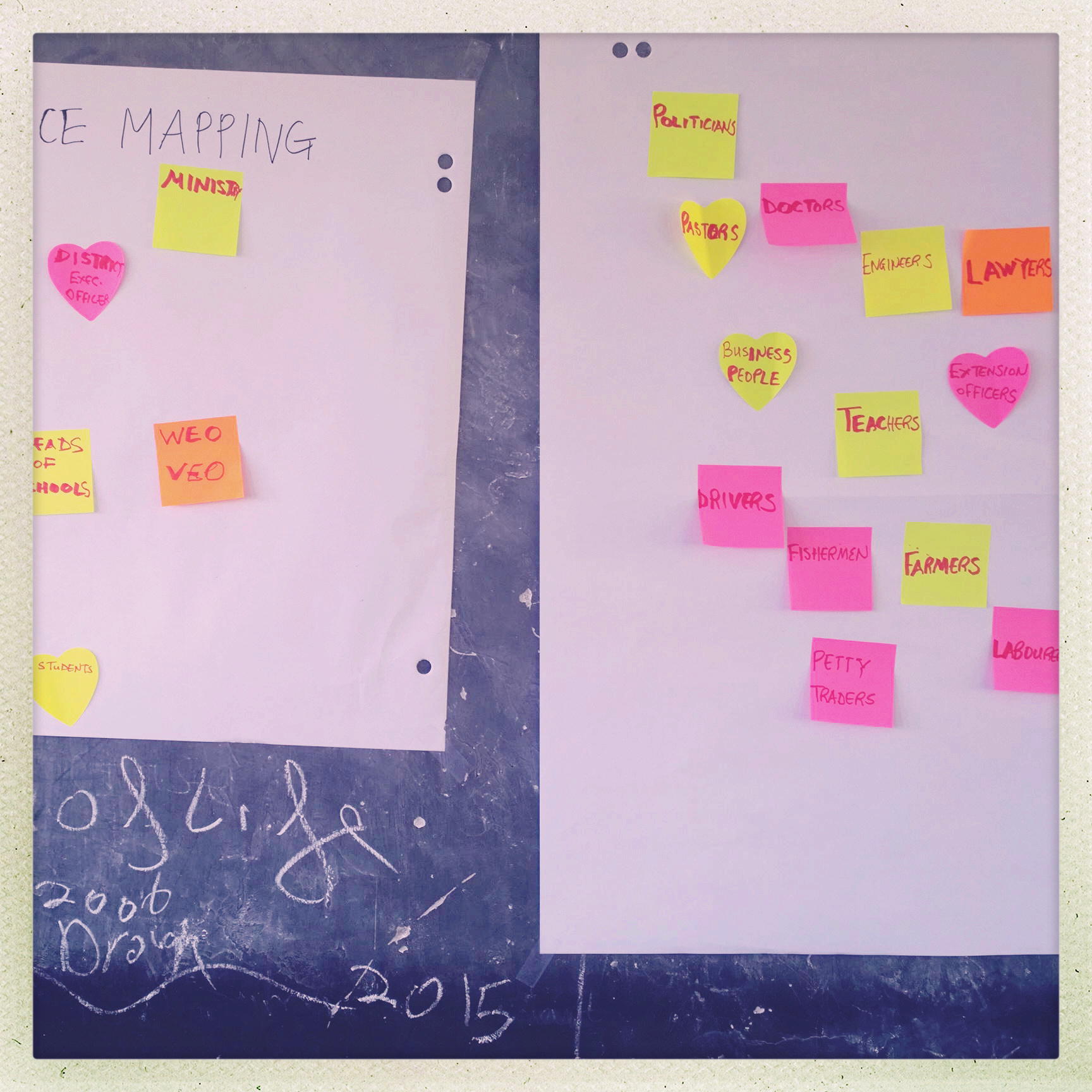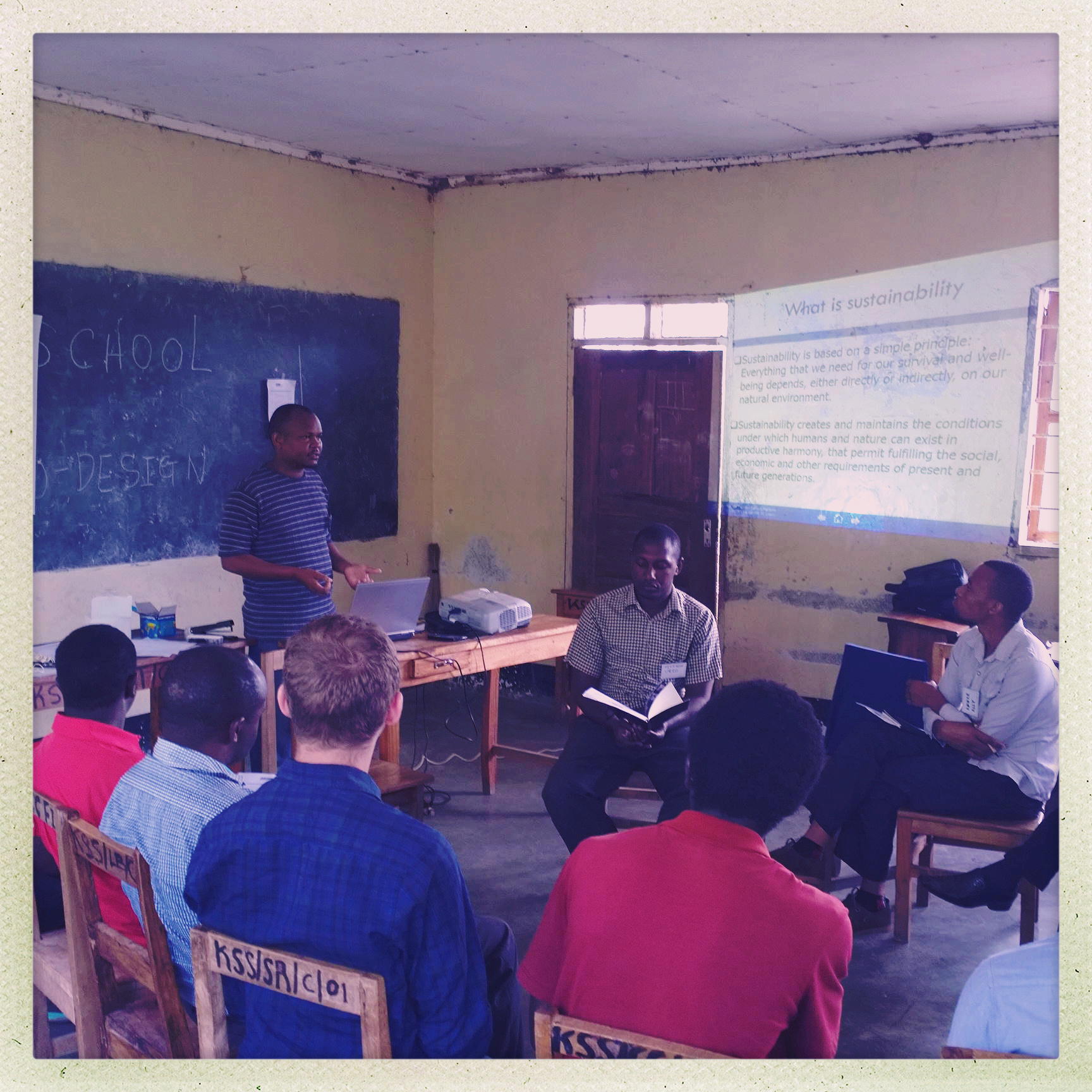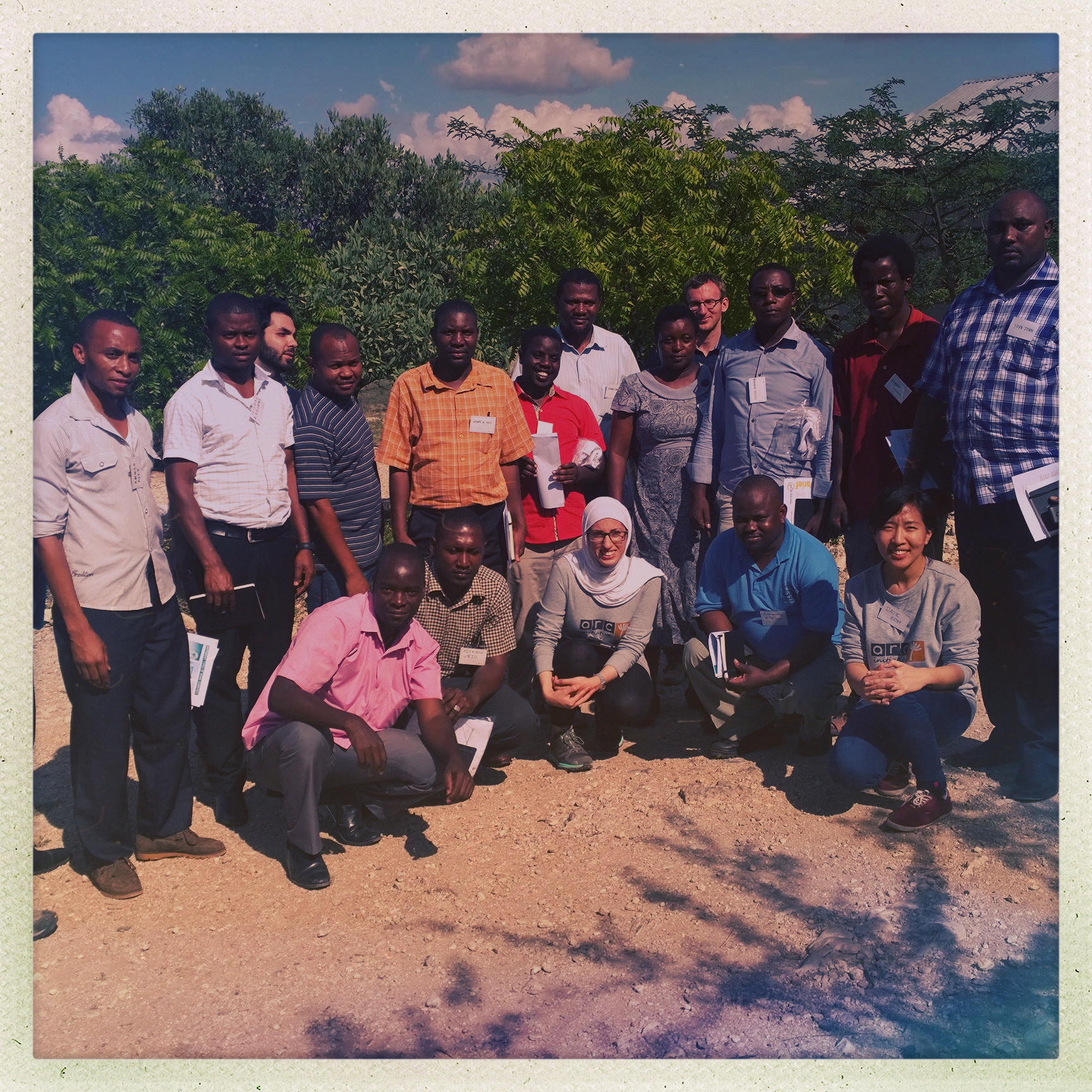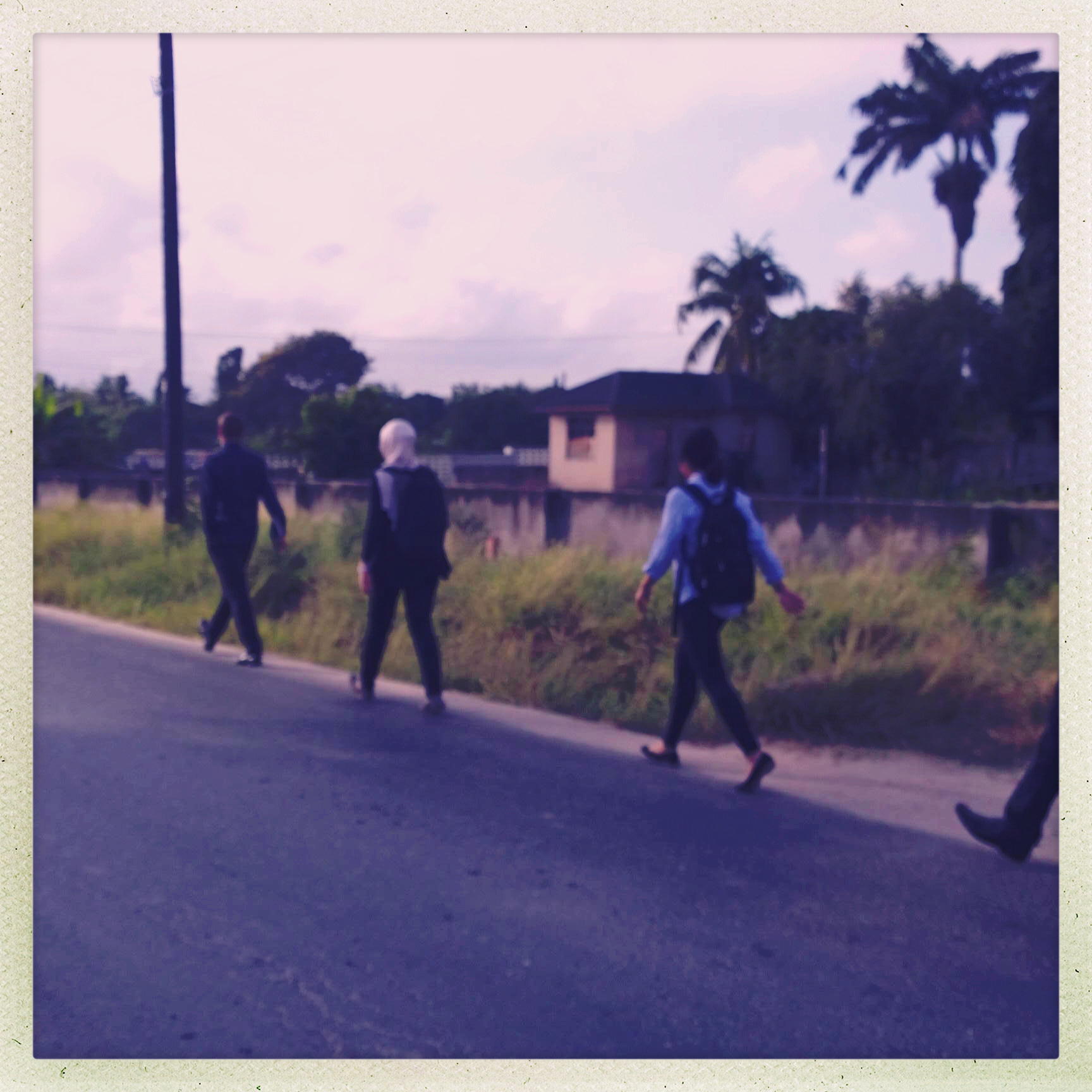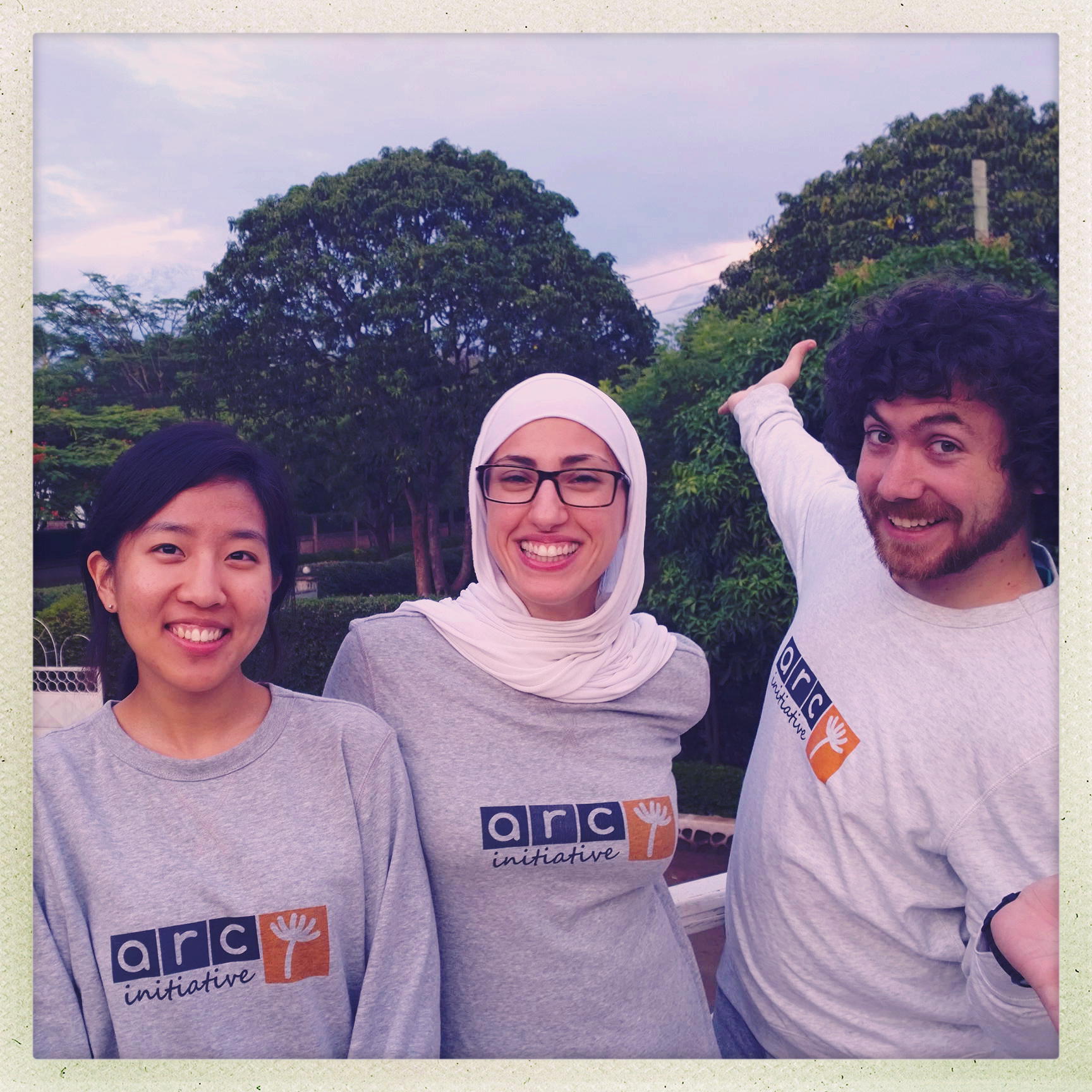

Abaarso School of Science and Technology
Somaliland
Abaarso School Science and Technology in Somaliland was the runner-up for the 2014 Zayed Future Energy Prize (ZFEP) Global High Schools - African Region plans on implementing sustainability-related projects on campus. ARC Initiative, which has a long-standing relationship with Abaarso, is to assist with the project, and in partnership with the Engineers Without Borders chapter at Masdar Institute (EWB), will provide technical design and project management expertise to see the project through to completion. Abaarso School has a previously installed 20kW wind turbine, which was not operational for years. The batteries needed replacement and a new controller had to be installed. An overall assessment necessary to ensure the turbine’s operational capacity (e.g. controller and other electronics) is also conducted. In order to effectively support the generation capacity of the wind turbine, the current micro-grid distribution system needs to be updated as it was designed for much lower loads than currently seen, and has no protection against unstable electricity supply (i.e. surges and voltage drops). In addition, Abaarso School currently relies on energy-intensive electric water heaters to provide hot water in teacher’s quarters, and part of this project involves replacing these with more energy-efficient solar water heaters. EWB can provide you with further details on this project.
Tanzania Green School Network
Kilimanjaro
ARC initiative's current falgship project is with Kirya, Makomu and Kileo secondary schools in the Kilimanjaro region of Tanzania. These three schools form the Tanzanian Green School Network (TGSN) a community based organization established in 2008 and led by Thomas Kaniki, current head of Makomu secondary school. The vision of the Tanzania Green School network is to be a community knowledge hub for practical environmental education and implementation, monitor climate change and engage in dialogue and experiments with the surrounding villages. In 2013 TGSN applied to the Zayed Future Energy prize (ZFEP) for the high school category and won. TGSN plans to have three active learning centers, one in each school for the following activities:
- Arrange workshops about climate change and adaptation, sustainability and agro-forestry experimentation and production.
- Arrange parent meetings and seminars with village leaders and the local community.
- Monitor climate change and engage in dialogue and experiments with the surrounding villages.
ARC is involved with the implementation of the TGSN proposed learning centers, and helps with the design of a curriculum that would advance the TGSN objectives. Accordingly, ARC has proposed to conduct a workshop that aims to kick start the learning centers to empower the Tanzanian Green School Network to achieve its vision, and primarily facilitate the completion of the proposed ZFEP 2012 outcomes. On the long term, ARC aims to facilitate the development a sustainable workshop model for an active-productive learning center.
SECMOL
Ladakh
Members of ARC initiative, with help from a few friends, held a small workshop for college students and volunteers at Student's Educational and Cultural Movement of Ladakh (SECMOL) campus in Phey, in the mountanous region of Ladakh in Northern India on presenting different renewable energy options and policy simulation for energy planning. We used the open-source MOJA Island exercise by Practical Action. Participants we entrusted with the task of crafting a renewable energy plan, based on the different natural resources of an island, partitioned into 4 parts with different geographic properties: coastal regions, grazing plains, highlands, and - of particular interest to Ladakh - mountains. After the activity we brifely discussed the pros and cons of the different renewable energy options, including costs, reliability, intermittency, technology maturity and accessiblity.





